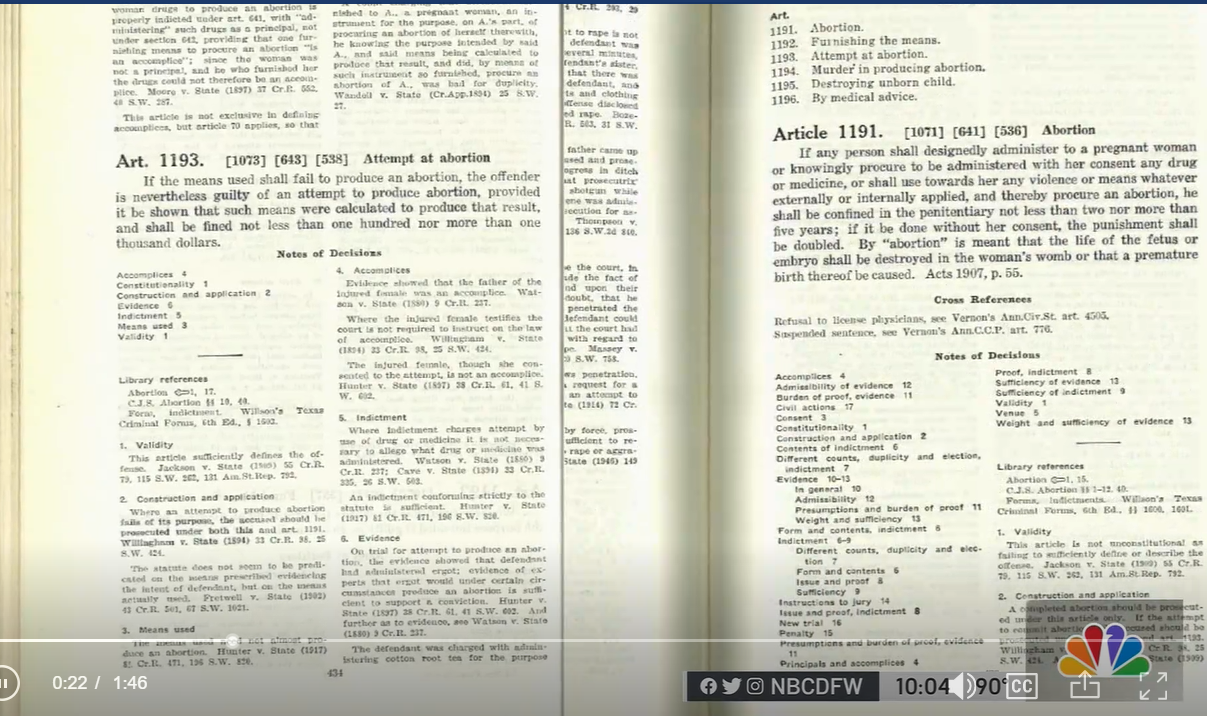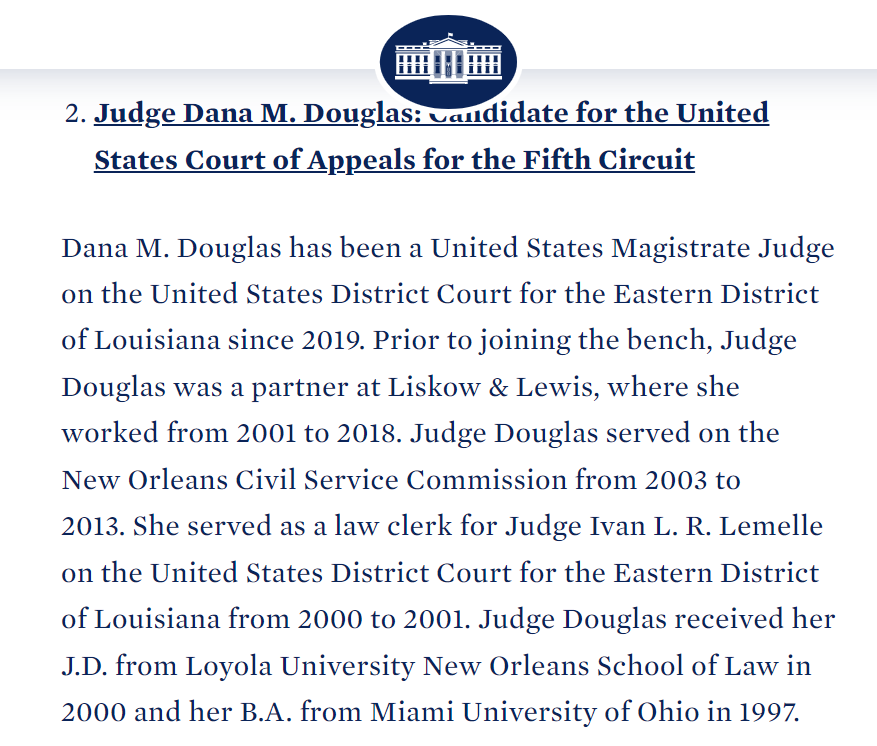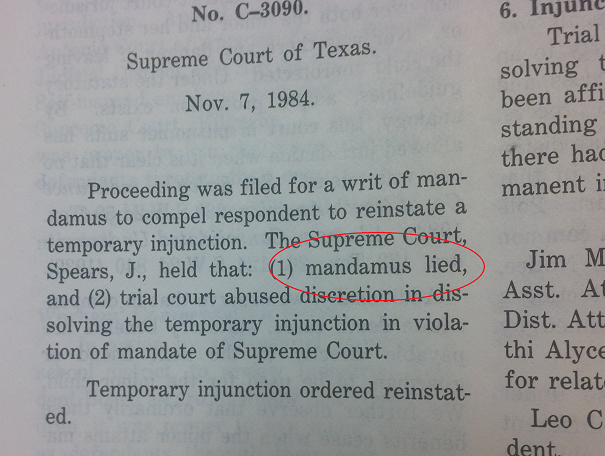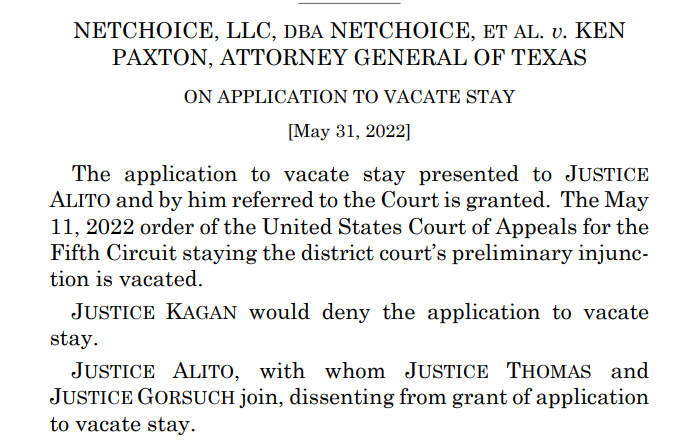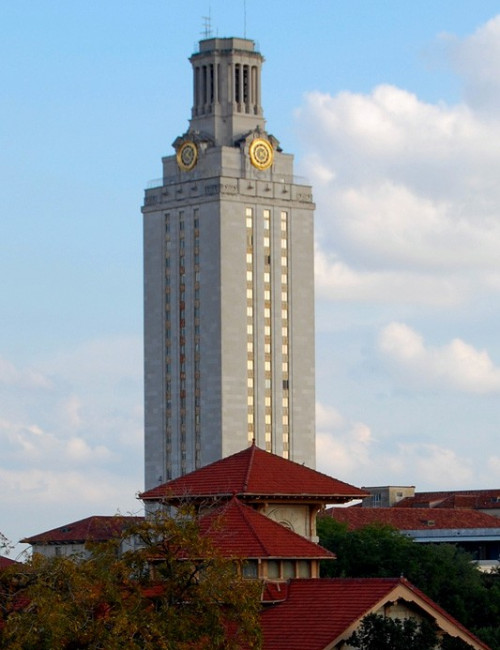 As Dickens famously wrote in Bleak House: “Jarndyce and Jarndyce drones on. This scarecrow of a suit has, in course of time, become so complicated that no man alive knows what it means. … Innumerable children have been born into the cause; innumerable young people have married into it; innumerable old people have died out of it.”
As Dickens famously wrote in Bleak House: “Jarndyce and Jarndyce drones on. This scarecrow of a suit has, in course of time, become so complicated that no man alive knows what it means. … Innumerable children have been born into the cause; innumerable young people have married into it; innumerable old people have died out of it.”
So to, the affirmative-action litigation about admissions policy at the University of Texas at Austin, where the Fifth Circuit held, inter alia, that an organization called “Students for Fair Admissions” was not barred by claim preclusion from bringing suit when (1) its principals were involved in earlier litigation, but did not control the new entity and had sued before in different capacities, and (2) the facts about UT’s policies and the makeup of its student body had materially changed since the earlier litigation. Students for Fair Admission, Inc. v. Univ. of Tex. at Austin, No. 21-50715 (June 20, 2022).
